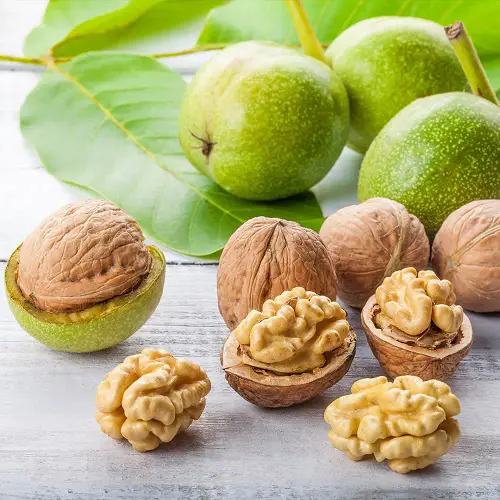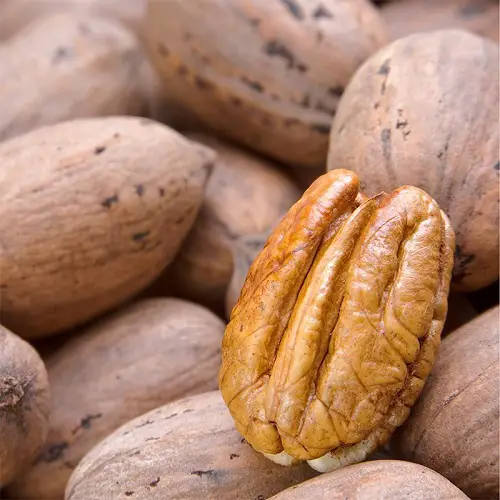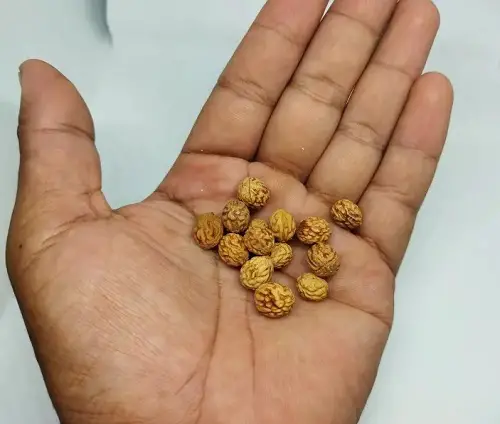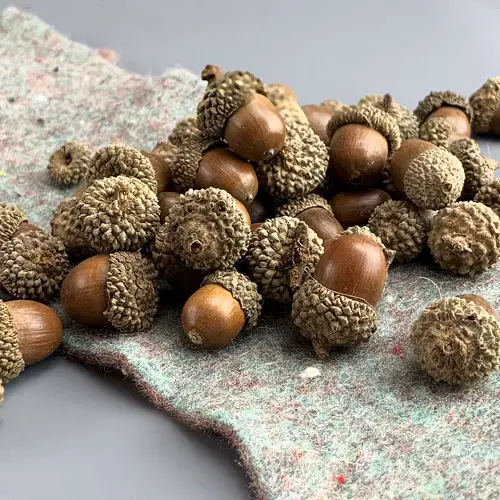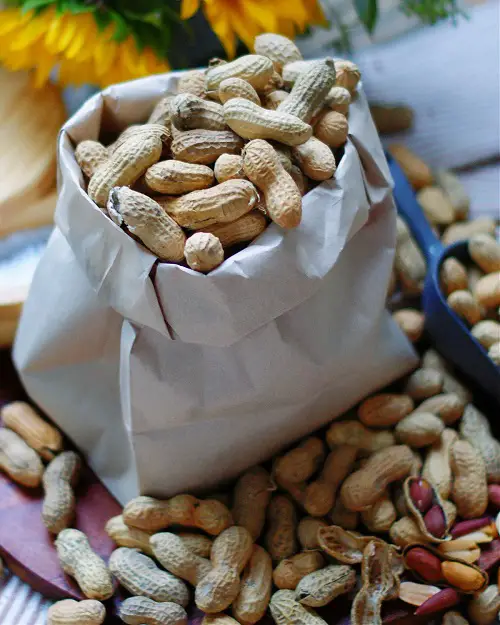What if we tell you that there are Seeds that Look Like a Brain? Surprised? Don’t be! Here are the top 5 ones!
No other seed resembles a cerebrum as closely as a walnut, so it is on top of our list. However, we believe there are some more Seeds that Look Like a Brain, especially when halved or opened. Keep reading to learn more about them.
Seeds that Look Like a Brain
1. Walnut
The intricate folds and halves of a walnut strongly resemble a human brain.
2. Pecan
Pecans, when shelled, also have a structure that, though less similar than walnuts, still vaguely mimics a brain’s appearance with its folds and crevices.
3. Jujube Seed
The texture of these Seeds that Look Like a Brain is wrinkled and might be interpreted as somewhat brain-like.
4. Acorn
If you look at the interior structure of an acorn, it’s somewhat wrinkled and split into two halves, which is vaguely reminiscent of a brain’s hemispheres.
5. Peanut
While it doesn’t have the complex structures of a brain, the outer covering of the peanut, from certain angles, could be compared to brain hemispheres.
Note: It’s important to note that comparing seeds to brains is quite subjective and depends largely on individual interpretation. These Seeds that Look Like Brain examples are not perfect matches but have some qualities that might make them look a bit like a brain under certain conditions or viewpoints.
FAQs
1. Why do these seeds have a brain-like appearance?
The brain-like appearance of certain seeds is due to their natural evolution and growth patterns. While the resemblance is purely coincidental, it offers an interesting insight into the diversity of nature.
2. Does the brain-like appearance of these seeds have any specific function or benefit for the plant?
While the resemblance to a brain is visually interesting, it doesn’t necessarily indicate a specific function or advantage for the seed or plant. The article delves into any potential benefits and the science behind these unique patterns.


